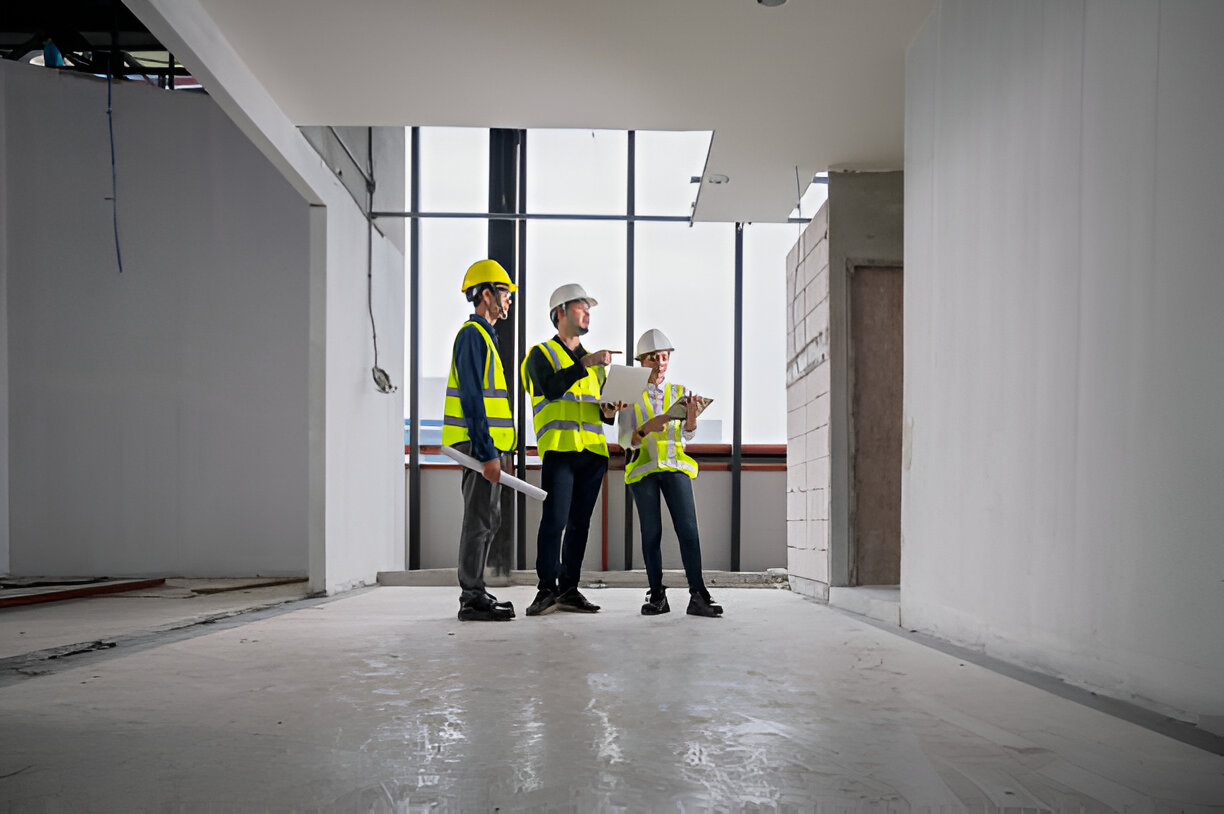The significance of dependable and effective equipment in today’s quickly changing construction sector cannot be emphasized. From towering skyscrapers to complex infrastructure developments, modern building projects depend heavily on advanced machinery to meet tight deadlines, ensure safety, and maintain high standards of quality. At the core of this machinery supply chain is the construction equipment supplier—a partner whose role has expanded significantly beyond simply delivering machines. These suppliers now serve as strategic collaborators, helping construction firms meet project goals through timely delivery, technical support, maintenance services, and cutting-edge solutions.
Supplying The Right Equipment For The Job
One of the most fundamental responsibilities of a construction equipment supplier is to provide the right equipment tailored to the specific needs of a project. Every construction site has unique requirements, depending on the size, scope, terrain, and structural complexity involved. Whether it’s excavators for earthmoving, cranes for lifting, or concrete mixers for foundation work, having access to well-matched machinery can significantly improve efficiency and reduce the risk of delays.
A professional supplier offers a comprehensive inventory of modern, well-maintained equipment, along with expert guidance to ensure the client selects the best tools for the task. This not only helps in completing the work faster but also contributes to cost savings by avoiding unnecessary equipment rental or purchase.
Enhancing Project Efficiency And Timelines
One of the most important resources in construction is time, and equipment suppliers are essential to meeting project deadlines. A delay in equipment delivery or malfunctioning machinery can halt operations and result in missed deadlines and financial penalties. Reputable suppliers understand the urgency of construction schedules and are committed to delivering machinery on time, every time.
Furthermore, many suppliers offer flexible rental options, allowing construction companies to scale their equipment usage as needed throughout different phases of a project. This adaptability helps maintain workflow continuity and minimizes downtime, ultimately supporting the timely completion of building projects.
Providing Technical Expertise And Support
Modern construction equipment comes with advanced technology—automated features, GPS systems, fuel efficiency monitoring, and safety mechanisms—that require specialized knowledge to operate and maintain. A good equipment supplier provides more than just machinery; they also offer technical support to ensure smooth and safe operation.
This includes onsite training for operators, access to manuals, and remote assistance in troubleshooting any technical issues. Some suppliers even have technicians available for on-call repairs and routine maintenance, reducing the likelihood of costly breakdowns. This technical partnership is invaluable in maintaining operational efficiency and ensuring equipment longevity.
Supporting Safety And Compliance
Construction sites are inherently hazardous environments, and using the wrong or poorly maintained equipment can lead to accidents, injuries, or legal liabilities. A reputable supplier ensures that all machines comply with the latest safety regulations and undergo regular inspections and maintenance.
By providing certified equipment that meets industry safety standards, suppliers help contractors meet compliance requirements and foster a safer working environment. Many also offer guidance on proper usage protocols, risk assessments, and training programs to further enhance on-site safety.
Embracing Innovation And Sustainability
As sustainability becomes a major focus in the construction industry, equipment suppliers are taking an active role in offering greener alternatives. From electric and hybrid machinery to low-emission diesel engines and fuel-efficient systems, suppliers are responding to the demand for environmentally friendly options that align with sustainable building practices.
Moreover, many suppliers are investing in the latest construction technologies, such as telematics, which provide real-time data on equipment performance and usage. This data-driven approach allows construction managers to make informed decisions, reduce fuel consumption, and increase productivity.
By staying ahead of technological trends, construction equipment suppliers enable builders to modernize their operations and contribute to more sustainable development.
Acting As Strategic Partners
In the past, construction equipment suppliers were seen primarily as vendors. Today, they are increasingly regarded as strategic partners who contribute to the success of a project from start to finish. The best suppliers work closely with project managers to understand the evolving needs of a job site, adjust inventory availability, and provide proactive solutions to logistical challenges.
This collaborative approach helps construction firms improve planning, reduce operational risks, and optimize resource allocation. A supplier that understands your business and aligns with your goals becomes an integral part of your supply chain ecosystem, offering long-term value far beyond the equipment itself.
Conclusion
In modern building projects, a construction equipment supplier does far more than deliver machinery. They are vital collaborators who support the success of construction firms through equipment availability, technical expertise, safety assurance, and technological innovation. Their role continues to evolve in tandem with the industry’s growth, making them indispensable partners in building the infrastructure of tomorrow. Whether it’s through ensuring timely delivery, enhancing efficiency, or promoting sustainability, the contribution of a reliable equipment supplier is a cornerstone of modern construction.
